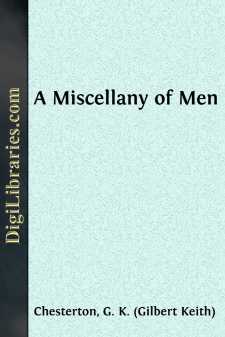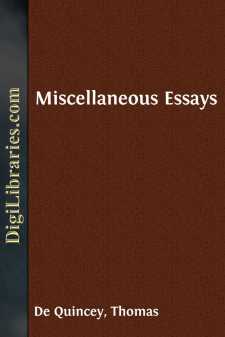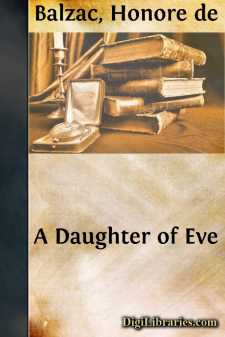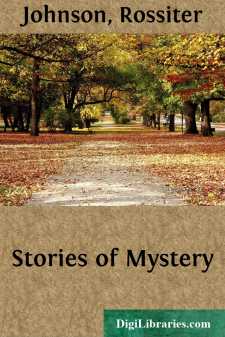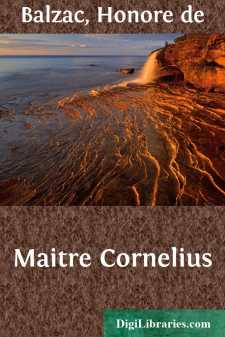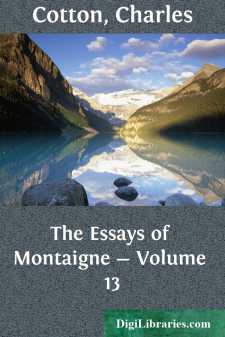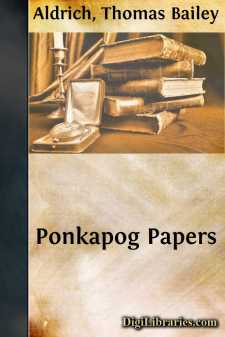Literary Collections
- American 84
- Ancient, Classical & Medieval 14
- Asian 1
- Australian & Oceanian 1
- Canadian 55
- Continental European 121
- English, Irish, Scottish, Welsh 179
- Essays 160
- General 24
- Letters 46
- Middle Eastern 1
Literary Collections Books
Sort by:
THE SUFFRAGIST Rightly or wrongly, it is certain that a man both liberal and chivalric, can and very often does feel a dis-ease and distrust touching those political women we call Suffragettes. Like most other popular sentiments, it is generally wrongly stated even when it is rightly felt. One part of it can be put most shortly thus: that when a woman puts up her fists to a man she is putting herself...
more...
by:
Bernard Shaw
FOREWORD A revolutionist is one who desires to discard the existing social order and try another. The constitution of England is revolutionary. To a Russian or Anglo-Indian bureaucrat, a general election is as much a revolution as a referendum or plebiscite in which the people fight instead of voting. The French Revolution overthrew one set of rulers and substituted another with different interests and...
more...
ON THE KNOCKING AT THE GATE, IN MACBETH. From my boyish days I had always felt a great perplexity on one point in Macbeth. It was this: the knocking at the gate, which succeeds to the murder of Duncan, produced to my feelings an effect for which I never could account. The effect was, that it reflected back upon the murder a peculiar awfulness and a depth of solemnity; yet, however obstinately I...
more...
by:
Honore de Balzac
CHAPTER I. THE TWO MARIES In one of the finest houses of the rue Neuve-des-Mathurins, at half-past eleven at night, two young women were sitting before the fireplace of a boudoir hung with blue velvet of that tender shade, with shimmering reflections, which French industry has lately learned to fabricate. Over the doors and windows were draped soft folds of blue cashmere, the tint of the hangings, the...
more...
by:
Rossiter Johnson
THE GHOST. BY WILLIAM D. O'CONNOR. t the West End of Boston is a quarter of some fifty streets, more or less, commonly known as Beacon Hill. It is a rich and respectable quarter, sacred to the abodes of Our First Citizens. The very houses have become sentient of its prevailing character of riches and respectability; and, when the twilight deepens on the place, or at high noon, if your vision is...
more...
by:
Honore de Balzac
CHAPTER I. A CHURCH SCENE OF THE FIFTEENTH CENTURY In 1479, on All Saints' day, the moment at which this history begins, vespers were ending in the cathedral of Tours. The archbishop Helie de Bourdeilles was rising from his seat to give the benediction himself to the faithful. The sermon had been long; darkness had fallen during the service, and in certain parts of the noble church (the towers of...
more...
by:
Horace Walpole
Letter 1 To George Montagu, Esq.Arlington Street, Nov. 17, 1759. (page 25) I rejoice over your brother's honours, though I certainly had no hand in them. He probably received his staff from the board of trade. If any part of the consequences could be placed to partiality for me, it would be the prevention of your coming to town, which I wished. My lady Cutts(1) is indubitably your own grandmother:...
more...
by:
John Dryden
AMBOYNA. The tragedy of Amboyna, as it was justly termed by the English of the seventeenth century, was of itself too dreadful to be heightened by the mimic horrors of the stage. The reader may be reminded, that by three several treaties in the years 1613, 1615, and 1619, it was agreed betwixt England and Holland, that the English should enjoy one-third of the trade of the spice islands. For this...
more...
by:
Charles Cotton
DEFENCE OF SENECA AND PLUTARCH The familiarity I have with these two authors, and the assistance they have lent to my age and to my book, wholly compiled of what I have borrowed from them, oblige me to stand up for their honour. As to Seneca, amongst a million of little pamphlets that those of the so-called reformed religion disperse abroad for the defence of their cause (and which sometimes proceed...
more...
LEAVES FROM A NOTE BOOK IN his Memoirs, Kropotkin states the singular fact that the natives of the Malayan Archipelago have an idea that something is extracted from them when their likenesses are taken by photography. Here is the motive for a fantastic short story, in which the hero—an author in vogue or a popular actor—might be depicted as having all his good qualities gradually photographed out...
more...


